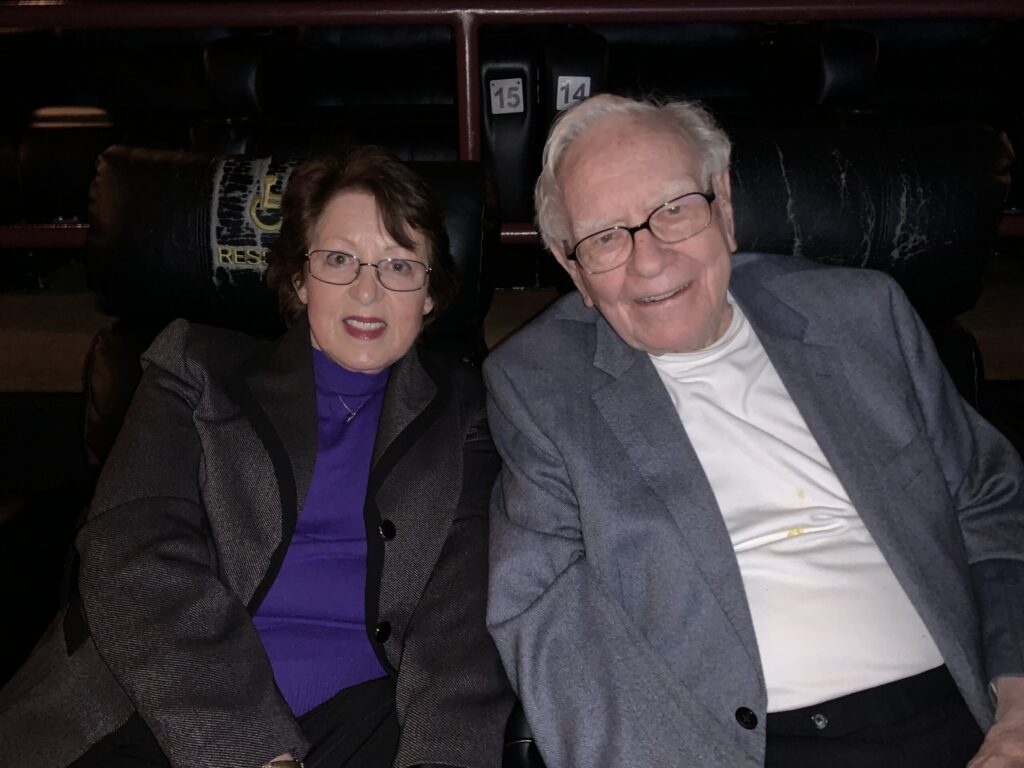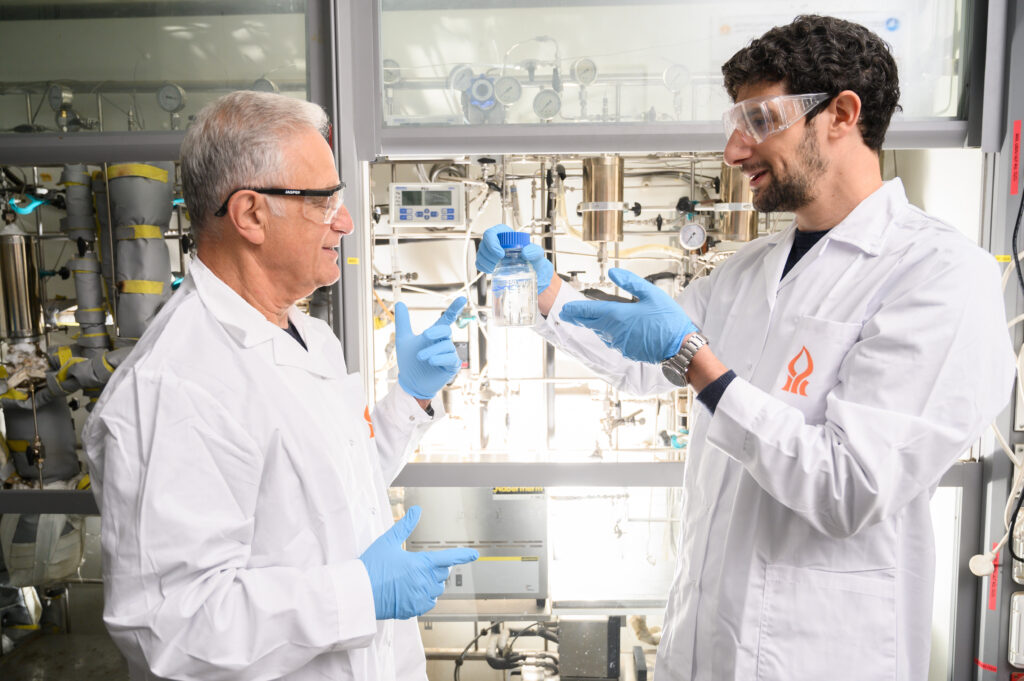
Israel Pushes Solar Energy Technology
Israel Pushes Solar Energy Technology
August 13, 2008
Alternative Energy, Desert & Water Research
Israeli engineers are on the cutting edge of solar energy technology. BGU’s Professor David Faiman discusses how his photovoltaic cell technology could solve one of the fundamental problems of solar energy.
Click here to listen to the Morning Edition report (4 minutes and 9 seconds).
Written Transcript:
STEVE INSKEEP, host: Israeli engineers are on the cutting edge of solar energy technology, and one Israeli company runs several solar plants in
NPR’s Linda Gradstein traveled to the sunny
LINDA GRADSTEIN: Wearing a cowboy hat to shield himself from the strong sun, David Faiman stands in front of what looks like a giant satellite dish. The huge dish, made of aluminum and glass, collects sunlight and funnels it to a photovoltaic cell which converts it directly into electricity. The technology is called concentrator photovoltaics, or CPV. And Faiman, a physicist at
Dr. DAVID FAIMAN (
GRADSTEIN: CPV speeds up the process in a way that Faiman says will make solar power competitive with fossil fuel.
Dr. FAIMAN: We were able to produce from this four-inch-by-four-inch module not one watt, not 10 watts, not a hundred watts, not a thousand watts, but 1,500 watts of electric power.
GRADSTEIN: Another Israeli technology is already in use to run turbines at nine power plants in
In
President Shimon Peres says
President SHIMON PERES (
GRADSTEIN: But switching to solar power won’t be easy. In 2002, the government decided that five percent of
The government must do more, says Dov Raviv, an engineer who’s been involved in
Mr. DOV RAVIV (Chairman, Abryl, Ltd.): This requires a very aggressive approach and a very – and long-range planning and investment. But they are doing nothing. They wait for other people to do the job. So they say, yes, we need solar energy. Let the investor come and build plants. Nothing like that will happen.
GRADSTEIN: Raviv says Israeli officials focus only on security threats such as
Hezi Kugler, the director general of the Ministry of National Infrastructure, agrees that not enough has been done to move forward with solar energy.
Mr. HEZI KUGLER (Ministry of National Infrastructure): I totally understand people’s frustration. I’m also a bit frustrated. The government does indeed work rather slowly. However, I must say that there’s been a much higher appreciation on the part of all the relevant government officials.
GRADSTEIN: For example, he says,
But local companies say they’re not waiting for the government. Dov Raviv says he’s already partnered with investment companies abroad and hopes to start building solar energy plants soon.



